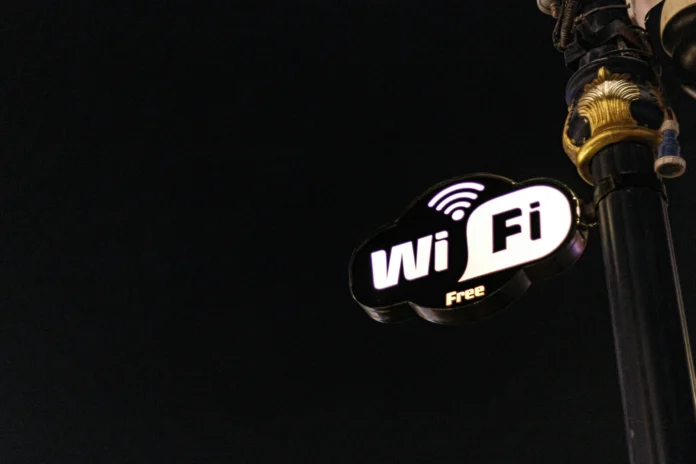Public Wi-Fi networks have become a common feature in places like airports, cafes, hotels, and shopping malls across India. While they offer free and easy internet access, the Indian government has recently issued a strong warning: never use public Wi-Fi for sensitive transactions. This alert comes in response to a surge in cyber threats targeting unsuspecting users on open networks.
The Hidden Dangers of Public Wi-Fi
Public Wi-Fi networks are typically unsecured, which means that data sent and received over these connections can be easily intercepted by cybercriminals. Hackers often exploit these vulnerabilities to steal personal information, such as passwords, credit card numbers, and banking details. Once this information is compromised, it can lead to financial losses, identity theft, and other serious consequences.
CERT-In, the Indian Computer Emergency Response Team, has highlighted that attackers can monitor network traffic on public Wi-Fi, capturing sensitive information without the user’s knowledge. This makes activities like online banking, shopping, or accessing confidential work documents extremely risky when connected to public networks.
Real-Life Consequences
The impact of cybercrime in India is significant. In recent years, there have been numerous cases where individuals lost large sums of money after their personal data was stolen on public Wi-Fi. These incidents often occur in busy public places where people feel safe using free internet, unaware of the lurking threats.
Government Measures and Your Role
To combat these risks, the Indian government has implemented guidelines for internet service providers and public Wi-Fi operators to enhance network security. Initiatives under the PM-WANI scheme aim to make public Wi-Fi safer, but the government emphasizes that users must also take responsibility for their own online safety.
Essential Tips for Safe Public Wi-Fi Use
Here are some practical steps you can take to protect yourself:
- Avoid sensitive transactions: Do not access banking apps, make online purchases, or enter personal information when connected to public Wi-Fi.
- Use a VPN: A Virtual Private Network encrypts your internet traffic, making it harder for hackers to intercept your data.
- Disable automatic connections: Turn off the feature that allows your device to connect to available Wi-Fi networks automatically.
- Enable two-factor authentication: Add an extra layer of security to your online accounts.
- Keep software updated: Regularly update your device’s operating system and apps to patch security vulnerabilities.
- Be cautious with links and downloads: Avoid clicking on suspicious links or downloading files from unknown sources while on public Wi-Fi.
Conclusion
The Indian government’s warning serves as an important reminder: public Wi-Fi is not always safe. By avoiding sensitive activities and following simple security practices, you can protect your personal information and reduce the risk of falling victim to cybercrime. Stay alert, stay informed, and make your online safety a top priority every time you connect to a public network.



